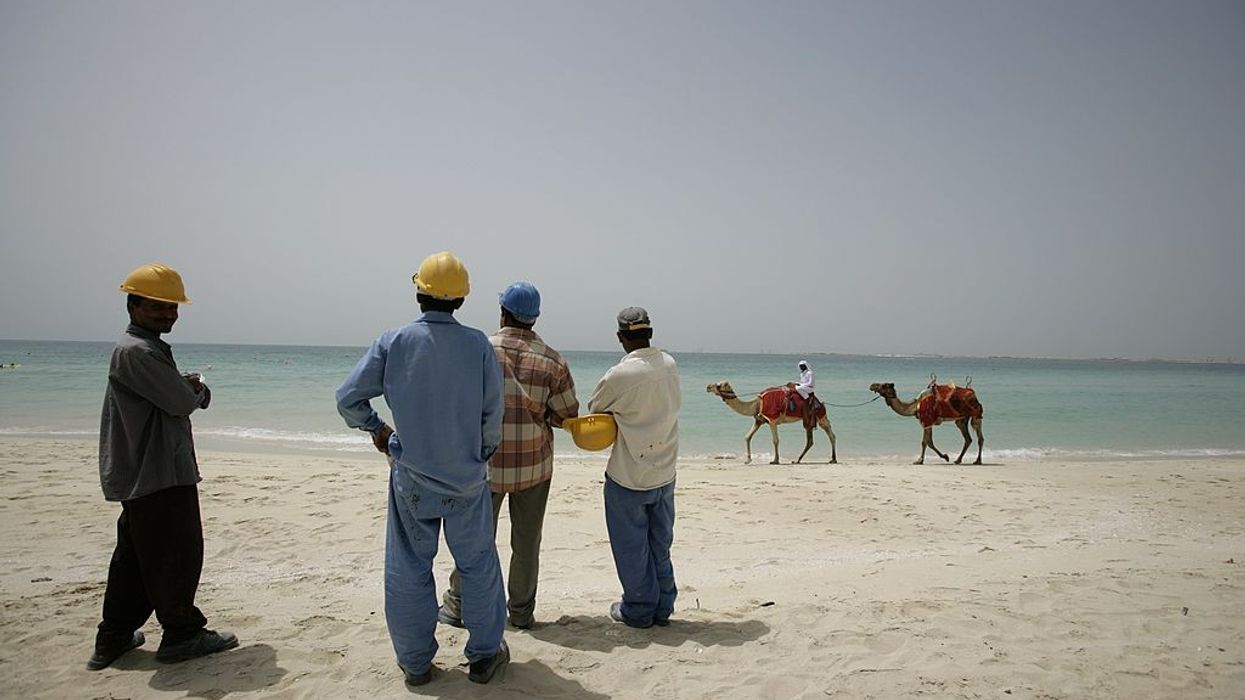HUMAN Rights Watch (HRW) has accused the United Arab Emirates (UAE) of “forcibly disappearing” at least four Pakistani men since October and deporting at least six others based on their “Shi'ite Muslim religious background”.
The 10 men had mostly lived and worked in the UAE, a Sunni Muslim Gulf monarchy, for many years as managers, sales staff, CEOs of small businesses, labourers and drivers, the New York-based campaign group said in a report published on Tuesday (23).
The UAE's foreign ministry and government communications office did not respond immediately to a request for comment on the HRW report. Pakistan's foreign ministry was also not immediately available to comment on the issue.
HRW has previously said hundreds of activists, academics and lawyers are serving lengthy sentences in UAE jails, often following “unfair trials on vague and broad charges”. The UAE has dismissed those accusations as false and unsubstantiated.
"UAE authorities released and immediately deported the six in October and November 2020 after also subjecting them to enforced disappearance and incommunicado detention for between three weeks and five months," the HRW report said.
One of the four men who remain in detention was able to call his family after six months. The man's family still does not know where authorities are holding him nor why he was detained, the report said.
HRW said it had spoken to family members who said they knew of other Pakistani Shi'ite Muslims who had been picked up by UAE authorities since mid-September.
"Reports of UAE authorities' arbitrarily targeting Shia residents, whether Lebanese, Iraqi, Afghan, Pakistani or otherwise, often emerge at times of increased regional tensions," HRW said.
The UAE, a regional trade and tourism hub, tolerates little public criticism of its monarchy or policies and has been waging a war against political Islam.
In 2019, it jailed six Lebanese men, all of them Shi'ite Muslims who had lived and worked in the country for over 15 years, on charges of establishing a cell linked to the Iran-backed Hezbollah group, which it classifies as a terrorist organisation.
Some Gulf states, including the UAE, have a fractious relationship with Shi'ite Iran and have accused Tehran of funding armed groups in countries including Lebanon, Iraq and Yemen.
In November the UAE stopped issuing new visas to citizens of 13 mostly Muslim-majority countries, including Pakistan and Iran, citing "security concerns".




